Setting boundaries does not mean you don’t want people to be a part of your life, or you want them to stay away from you; having boundaries helps you decide what you will accept and what you will absolutely not.
The Art Of Setting Boundaries
Merilee wrote the following question to me in one of my relationship webinars:
“Hi Dr. Paul — One of my biggest struggles is being open to giving and receiving love, but also setting boundaries. I want to be loving, not controlling, but I don’t want people to say or treat me in ways that I don’t like. How to reconcile?”
Merilee, of course, you don’t want people to treat you in ways that you don’t like. Who would want that? It’s painful when people treat us in unloving ways.
However, the real issue is to come to terms with what you can and can’t control. I get the feeling from your question that, while you don’t want to be controlling, you believe that setting boundaries gives you control over whether or not others treat you in ways you don’t like.
Related: 10 Great Things That Happen When You Set Boundaries
Defining Boundaries
This is the false belief you need to come to terms with. It sounds like you believe that a boundary is something you set for someone else, rather than something you set for yourself.
If you tell someone, “You can’t treat me that way,” what good is that going to do? They could respond with, “Yes I can. I can treat you any way I want.” Then what?
How to set boundaries in a relationship?
How To Set Boundaries?
The fact is that you have no control over how someone else treats you, but you have total control over how you treat yourself, and how you respond to the way others treat you.
If you are going to set a loving boundary for yourself, then, instead of saying “You can’t treat me that way,” you will say something like, “I don’t like being treated this way, and if you continue, I will leave this conversation (or get off the phone, or leave the house, or leave the relationship). This is what you do have control over – what you choose to do in the face of another’s unloving behavior.
You will be able to open your heart to loving others when you know that if others treat you unlovingly, you will take loving care of yourself by either moving into an intent to learn with that person – if you think he or she will be available to learning with you – or lovingly disengaging and then compassionately managing the loneliness and heartache that are always there when someone is unloving.
When you make loving yourself a higher priority than controlling others, then you will be able to give and receive love.
The art of setting boundaries in relationships is tied in with fully accepting your helplessness over others. As long as you believe you can control another person, then you will not accept the truth – that you are powerless over another’s intent to be loving or unloving.
However, you are not at all powerless over whether YOU choose to be loving or unloving to yourself. When your intent is to be loving to yourself, then you will naturally be unavailable for others’ unloving behavior.
The thing that makes this so challenging is that it is very hard for all of us to accept that we have no control over another’s intent and the resulting behavior.
We want so badly to be able to get a person who is unloving to us to open up and be loving to us because we don’t want to feel the pain of their choice.
This is why it is so important for you to learn to compassionately manage your very painful feelings of loneliness, heartbreak, grief, and helplessness over others.
Without knowing that you can manage these feelings, you will either try to control others or not allow yourself to give and receive love. Neither of these choices will lead to joy or a loving relationship.
Written by Margaret Paul, PhD Appeared On http://www.innerbonding.com
Related: 5 Life Changing Habits That Build Self Esteem
For information or to schedule a phone or Skype session: 310-459-1700 • 888-646-6372 (888-6INNERBOND)
Healthy boundaries in relationships do not create distance or lead to power issues. They help us take care of our well-being and safety.
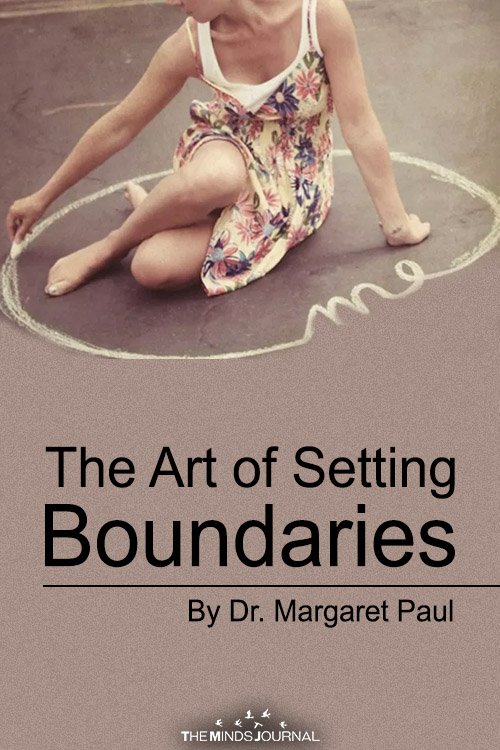
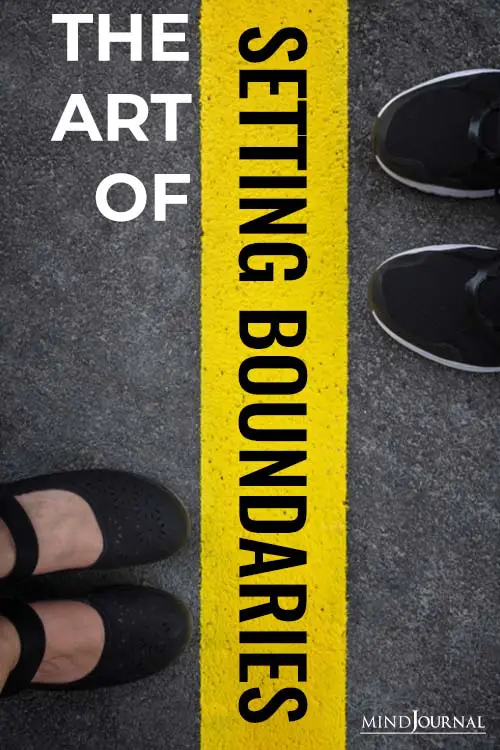

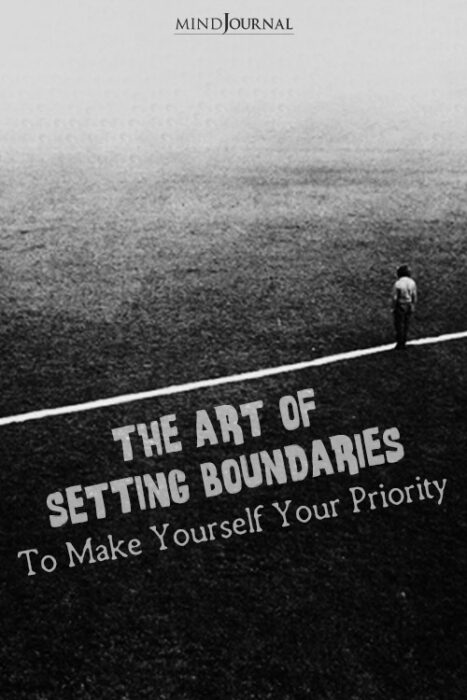
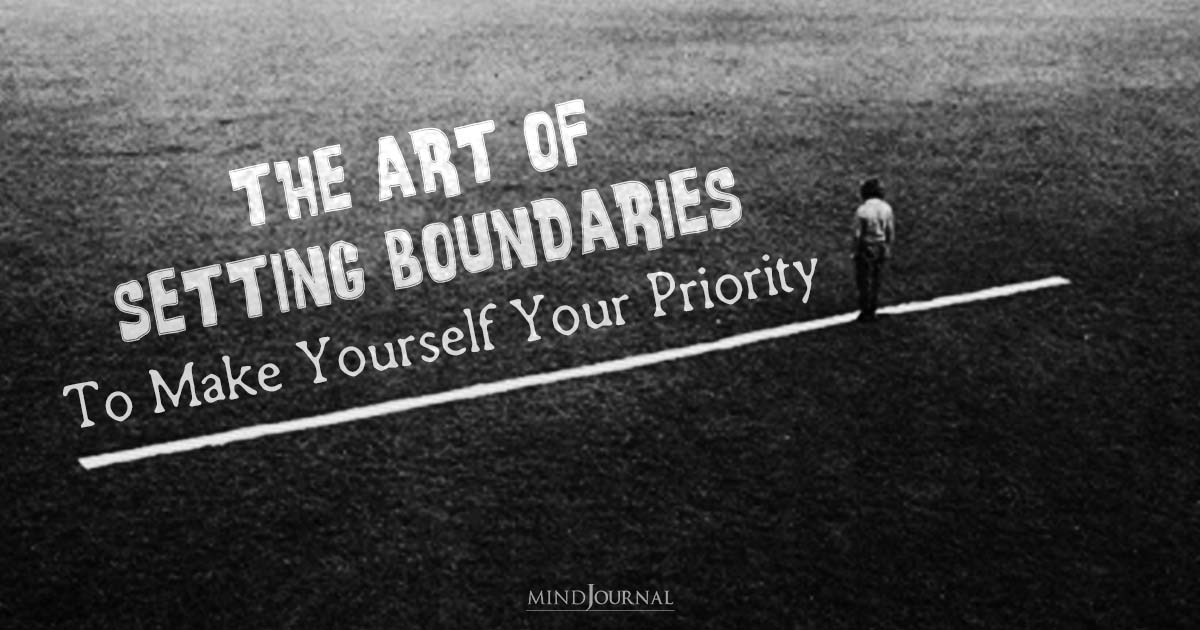


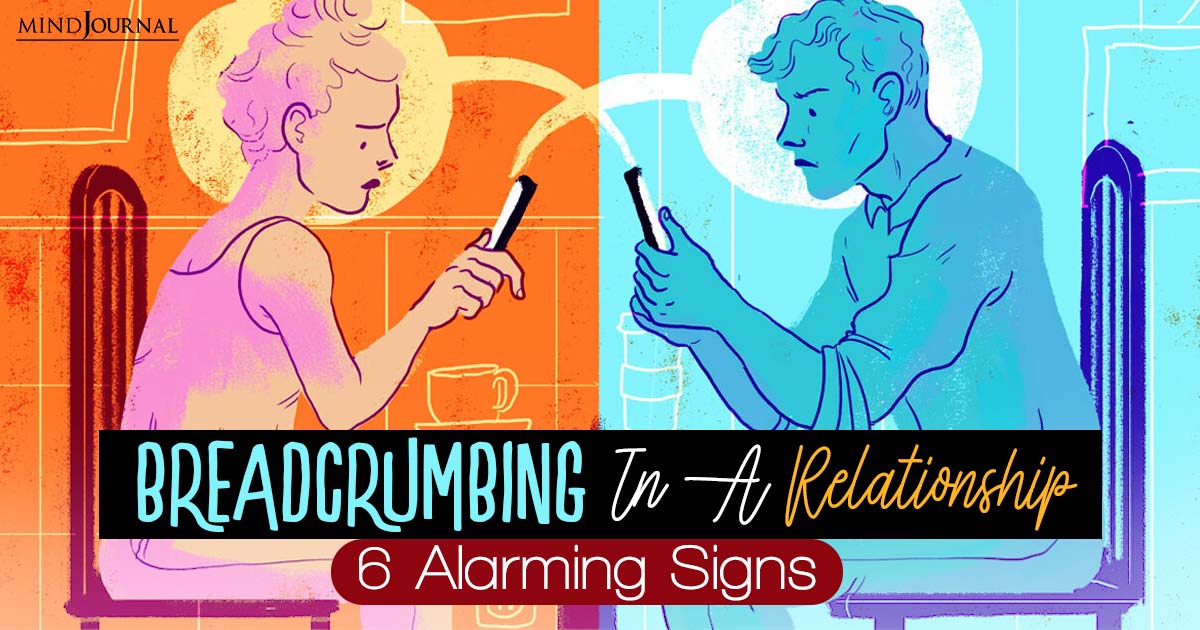
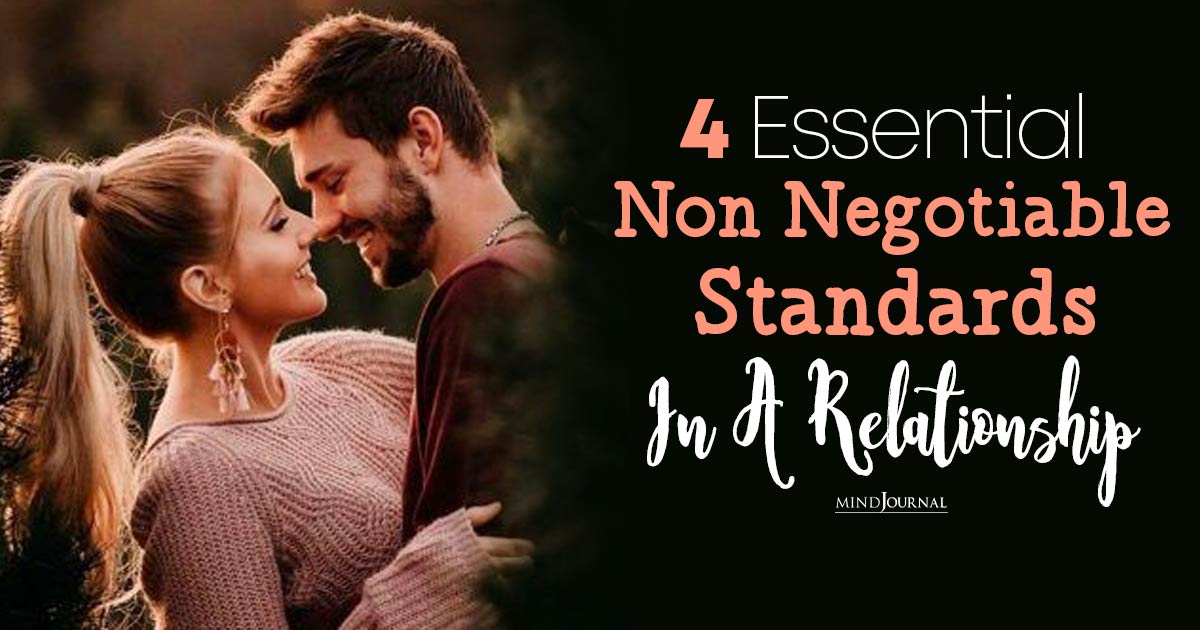
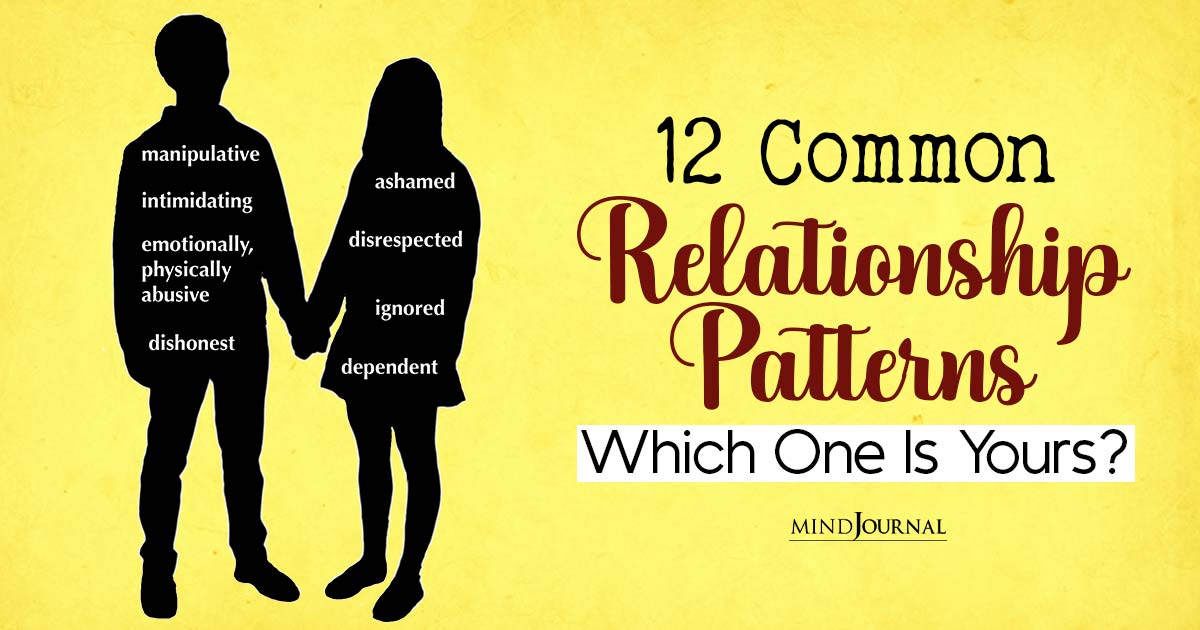

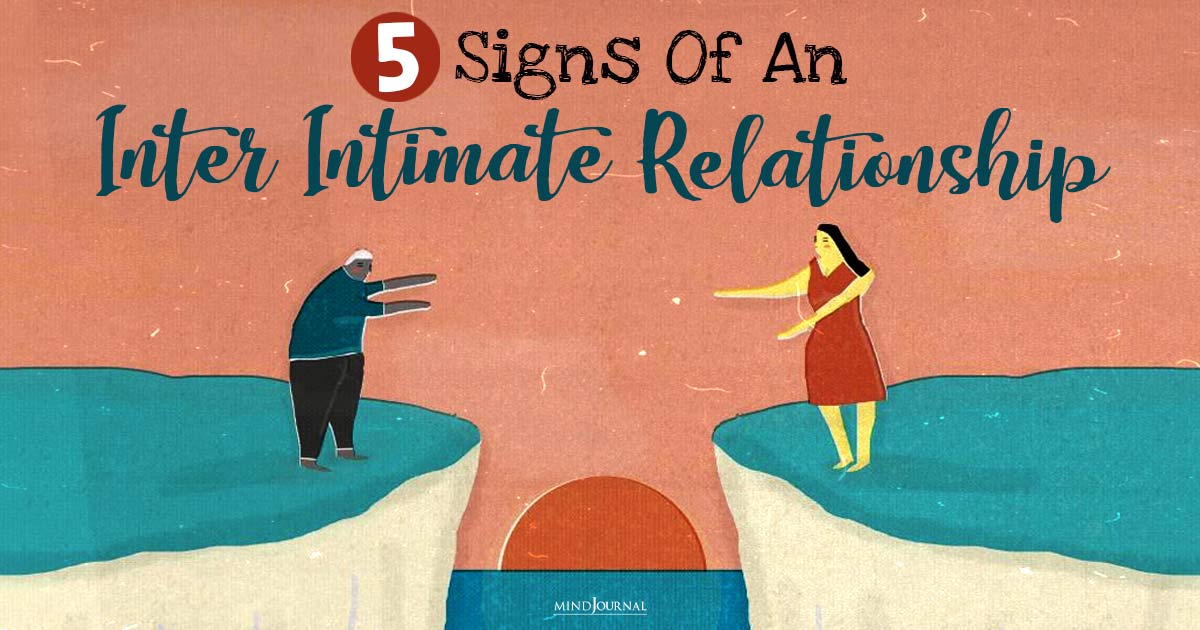
Leave a Reply
You must be logged in to post a comment.